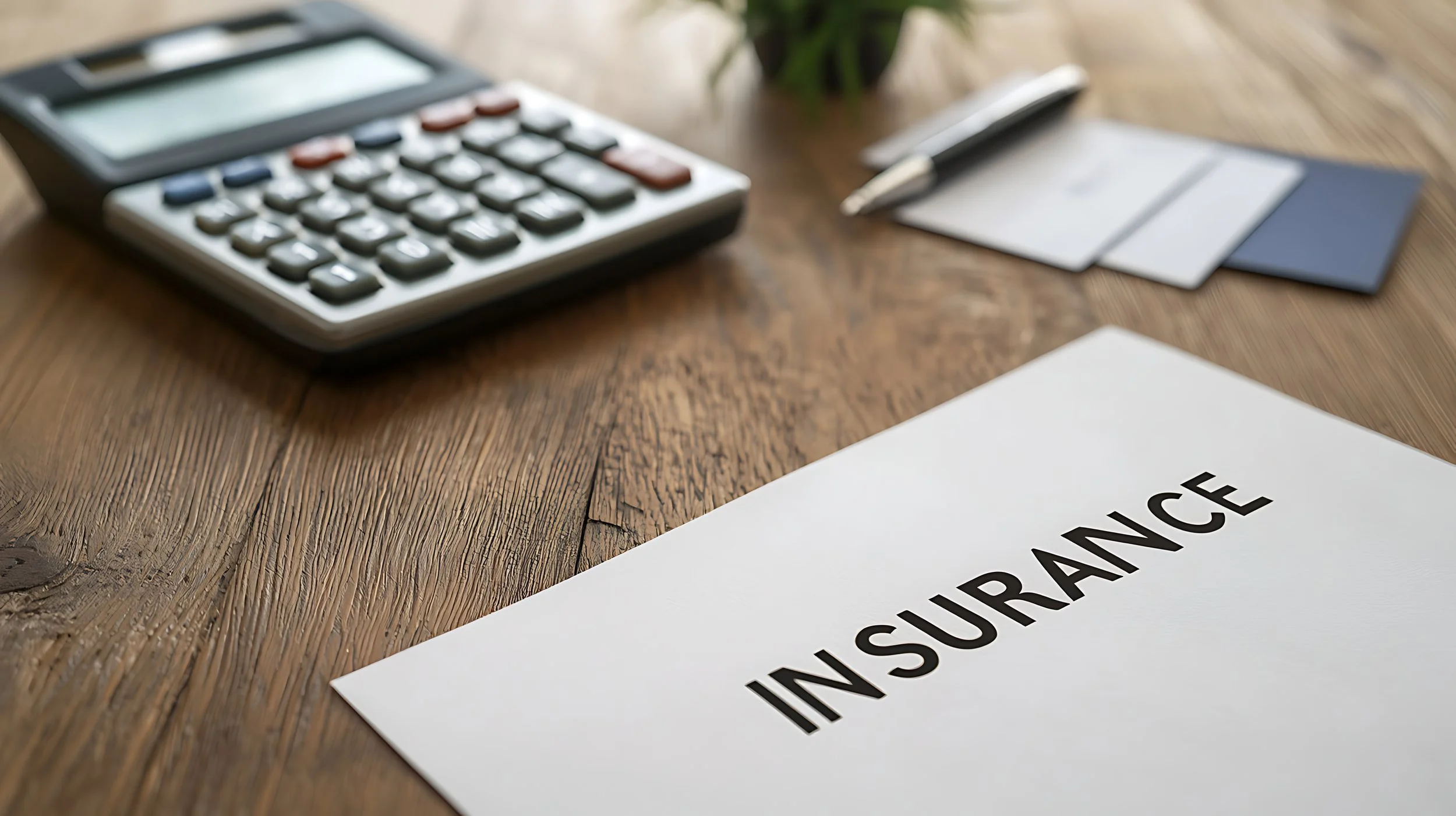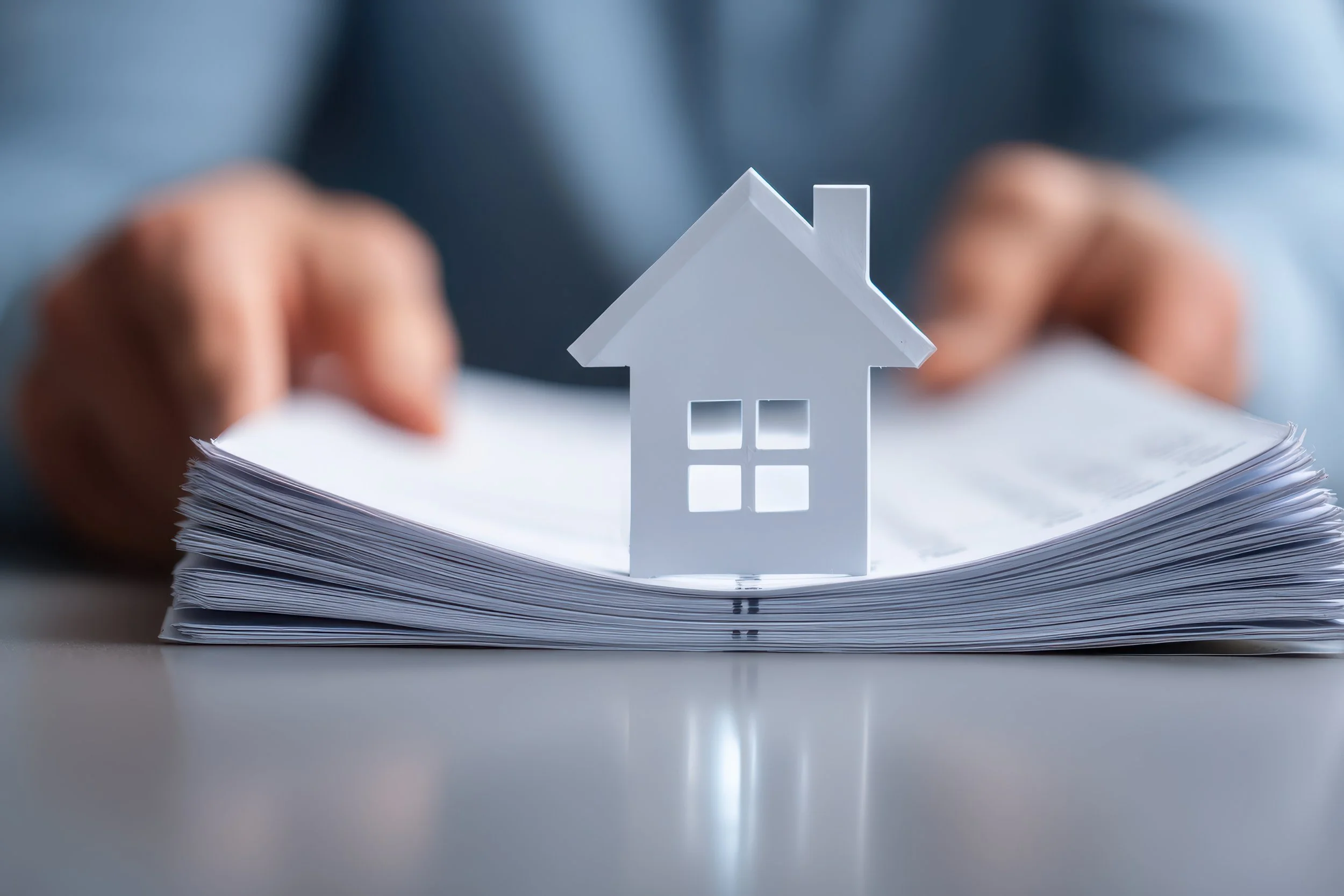Starting A Business From Home
It's fair to say the small business landscape has changed dramatically since Covid, in much the same way as the home working situation as a whole. More and more people are now either working from home, or running a small business from their garage, dining room, or spare bedroom.
In this brief article, we are going to take a quick look at the implications of working from home, and what we need to consider when doing so.
We will be looking at this topic in terms of five key areas:
The first aspect will be what permissions we are going to need, in order to run our business from home.
Secondly, we will be looking at the implications, if any, in terms of the payment of business rates.
The third aspect is that of business insurance, and what we are likely to need, over and above our normal household policy.
The next major consideration is what the potential tax implications will be, of working from home.
Finally, we will look at any other potential implications of starting your new business venture from your home address.
The first thing we're likely to give consideration to, is what permissions we are going to need. Of course, it is perfectly legal to operate a business from home, but there are certain permissions we may need to seek, in order to do so.
Many of the implications we will be considering in this article are going to be influenced by whether we are simply working from home, or whether we are actually running a full on business.
Working from home, even on a self employed basis is unlikely to require any permissions whatsoever, as in doing so we are exerting no external influences on our environment, or our neighbours.
Running a business from home on the other hand is far more likely to influence those around us, and is more likely to require permissions. For the purposes of this section, we will assume you are running a business from home.
The first permission we may need to seek is that of our mortgage provider or landlord. increased footfall to the property may have a detrimental effect on that property, and the operation of machinery for example, could potentially represent an increased fire hazard.
If we are planning on making any significant alterations to our home, then we will of course require local planning office consent, especially if such changes could constitute a change of use of a part of those premises.
it is also perfectly conceivable that we might require local council consent especially if we are likely to be having lots of deliveries or customers coming to the house, or if we wanted to advertise outside our home, or perhaps require a special licence to operate.
The second consideration is whether or not we will be eligible to pay business rates on a part of the property. This depends on whether the Valuation Office Agency, or VOA, has applied a rateable value to a part of your home.
To check if you are required to pay business rates, you should contact the VOA. Even if you are, you will still be required to pay Council Tax on the rest of your property.
As an aside, you will be eligible for Small Business Rate Relief if your property has a rateable value of £12,000 or less.
It's more than likely that your home insurance policy will not cover your business (in terms of stock, computers, public liability etc.).
You can find an authorised insurer on the British Insurance Brokers' Association website.
You can include your business costs in your Self Assessment Tax Return if you're a sole trader or part of a business partnership.
You can claim a proportion of the cost of things like council tax, heating, lighting, phone calls and broadband. From the 2014 tax year, if you prefer, you can use a flat rate to calculate your simplified allowable expenses.
It's not all good news though. If you have claimed business costs on a specific part of your property, then you may no longer be eligible to claim Principle Private Residence Relief on that element of the property. This means you could end up paying Capital Gains Tax on the business element of your home.
Starting your own business is no mean feat. There are so many things to consider. Just because we're a small business, doesn't mean we can ignore important health and safety legislation.
As soon as we take on just one employee, we need to take in to account such aspects as payroll and pensions legislation, not to mention the likes of Employee Liability Insurance.
If you require any further information, we strongly recommend you check out the HMRC publication entitled The Home Business Guide.
Written by Emma Jones, of Enterprise Nation, it covers many of the key elements of working from home for the first time. Emma has in the past worked very closely with Praxis Managing Director Alan Young, and has even kindly provided us with a testimonial, on the Praxis web site.
Of course, this article only covers some of the basics of working from home. Inevitably, you will have many additional questions you need to address. Please feel free to call our offices, completely free of charge, if you require an initial meeting, in order to discuss your requirements further.




